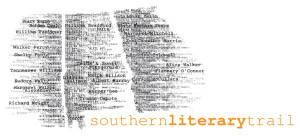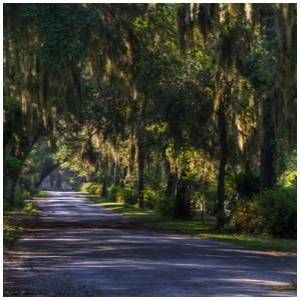
Southern Lovin’
Flannery O’Connor once said, “Whenever I’m asked why Southern writers particularly have a penchant for writing about freaks, I say it is because we are still able to recognize one.” Most people who know me know that I have a…thing for anything Southern. I lived in Chapel Hill, NC during graduate school, and for a short time afterward, and despite my best intentions, it ended up becoming home. Even now, back up North, I am counting the days and saving my pennies to move back down. I am homesick for it every day, and I try to temper this by reading Southern literature.
Southern literature, like the South itself, often sparks heated debates and strong feelings – both love and hatred. When many people think of Southern lit, they think William Faulkner, Eudora Welty, Allan Gurganus, and Tom Wolfe. Others think about Cormac McCarthy, Barry Hannah, Ron Rash, and Fannie Flagg. For me, it’s Flannery O’Connor, Zora Neale Hurston, Carson McCullers, Harper Lee, Jessmyn Ward, and Jill McCorkle (among countless others). I can’t quite put my finger on it, but there is a sense of place in Southern literature. The environment is a character in itself; the stories are often anchored in a place in a way that is unlike other genres. I can’t explain why there’s not “Northern literature,” or “Eastern literature.” All I know is that I know Southern lit when I read it.
Many people had very strong reactions to Harper Lee’s Go Set a Watchman, due to Atticus’s perceived fall from grace. For me, this illustrated one of the reasons I love Southern literature. There’s a tangled, complicated history down there, with layers of attitudes, assumptions, and beliefs. Things aren’t always as they seem, and there’s a lot of history to unearth and excavate – and you might not always like what you find. But it’s only through that can discussions be had, and long-held beliefs be challenged. This nuance of Southern lit is part of why I love it, I think.
Do you love or hate Southern lit, and why? How do you define it?
















